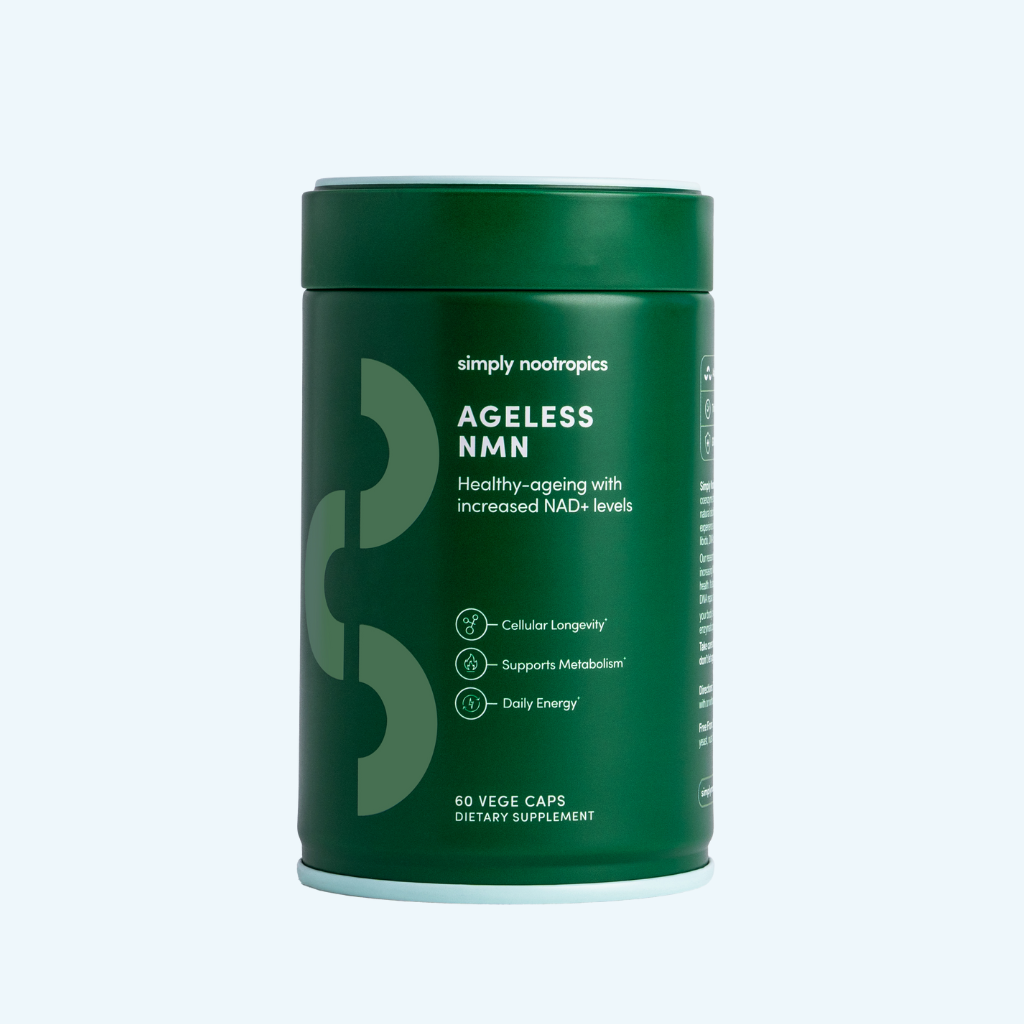By 2050, the number of people over 60 will reach 2.1 billion. With this surge in the older population, there are serious challenges ahead. Healthcare systems, social support, and mental health resources are often stretched thin. One of the biggest concerns? The well-being and happiness of older adults, which can significantly impact both their physical and mental health.
There’s a simple solution: exercise. Regular physical activity isn’t just about staying fit, it’s about feeling good, staying sharp, and boosting happiness. We know exercise is beneficial for both younger people and older adults, no matter where you live.
The Challenges of Aging
As we get older, some physical changes are inevitable: muscles shrink, bones weaken, and the risk of chronic conditions rises. These physical changes can also lead to feelings of frustration or sadness as many older adults experience reduced mobility and loss of independence.
But the physical challenges are only part of the story. The emotional and social aspects of aging can be just as tough. Loneliness, isolation, and mental health struggles can severely affect a person’s happiness and quality of life. This is especially pronounced in low- and middle-income countries (LMICs) due to a lack of mental health resources and limited access to activities that promote social engagement.
The good news is that exercise can combat many of these challenges. Even small amounts of physical activity can boost both physical and mental health for active ageing, offering a low-cost and accessible solution to improve the well-being of older adults worldwide.
How Exercise Supports Healthy Ageing
1. Improves Physical Health
Regular exercise is one of the most effective ways to counteract the physical effects of aging. Here’s how physical activity for older adults helps:
-
Preserves muscle mass and strength: As we age, we lose muscle mass, which can increase the risk of falls and injuries. Exercise, particularly strength training, helps to preserve muscle strength and prevent age-related muscle loss. This keeps older adults more mobile and independent.
-
Increases bone density: Regular weight-bearing exercises like walking or light resistance training help increase bone density and reduce the risk of fractures.
-
Improves cardiovascular health: Exercise strengthens the heart and improves lung capacity, helping to lower the risk of many diseases. A simple walk can have a positive impact on heart health.
2. Boosts Mental Well-Being
While physical health is important, mental health is just as crucial. For older adults, exercise can be a game-changer for mental well-being. Research shows that physical activity:
-
Increases happiness: Exercise releases endorphins, your brain's natural mood enhancers. This can help boost feelings of happiness, reduce feelings of anxiety, and increase energy levels.
-
Reduces stress: Exercise helps lower cortisol levels (the stress hormone), making it easier to manage the ups and downs of daily life.
-
Improves cognitive function: Regular physical activity has been shown to help maintain memory and cognitive function. Activities like walking, dancing, or even chair yoga can help keep the brain sharp.
3. Strengthens Social Connections
Exercise isn’t just good for the body and mind, it can also strengthen your social life. Many forms of exercise, from walking groups to dancing classes, provide an opportunity to meet new people and build a sense of community. For older adults, having social connections can be just as important as physical health when it comes to overall well-being. Social activities can reduce feelings of loneliness and help combat the isolation that many older adults face.
Practical Ways to Incorporate Movement
Exercise doesn’t have to be intense or expensive to be effective. Here are some simple ways for older adults to stay active for active ageing:
-
Walking: One of the easiest and most accessible forms of exercise. Walking improves cardiovascular health, reduces stress, and can be done just about anywhere.
-
Gentle Stretching or Yoga: These movements help maintain flexibility, ease stiffness, and improve balance, essential for preventing falls.
-
Dancing: Whether it’s ballroom, line dancing, or even dancing to music at home, dancing is an enjoyable and social way to stay active.
-
Gardening: Gardening is a light physical activity that also provides emotional benefits by connecting individuals to nature.
-
Household Chores: Even activities like cleaning, vacuuming, or doing light lifting can count as exercise while keeping the house tidy.
Why Movement Improves Happiness
Happiness isn’t just a “nice-to-have” thing, it’s essential for healthy and active aging. Physical activity has a direct impact on mental well-being by:
-
Improving sleep quality: Regular exercise helps regulate sleep patterns, which is crucial for overall health, especially as we age.
-
Reducing loneliness: Group activities like walking groups or fitness classes create a sense of belonging and reduce isolation.
-
Enhancing self-esteem: As older adults become stronger, more mobile, and more energetic, they often see a boost in self-esteem and confidence. This, in turn, helps reduce feelings of helplessness or frustration.
For older adults in LMICs, where mental health support might not be as readily available, physical activity offers a vital tool for improving emotional well-being.
The Role of Supplements in Supporting Healthy Aging
Exercise is a powerful tool for healthy aging, but sometimes your body needs a little extra support. Supplements like NMN (Nicotinamide Mononucleotide) and TMG (Trimethylglycine) can help maintain your energy levels and support cellular health as you age.
Simply Nootropics NMN helps boost NAD+ levels in the body, which are essential for energy production, cellular repair, and overall vitality. Simply Nootropics TMG supports methylation, a process that helps regulate many vital biological functions, including cellular repair and detoxification. When combined, these supplements can help ensure you have the energy to stay active and the cellular support needed for recovery and overall well-being. As the global population ages, finding simple, accessible ways to promote the health and happiness of older adults is more important than ever.

















